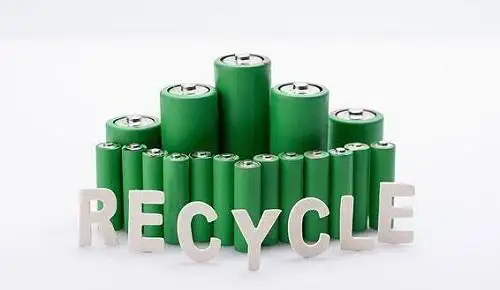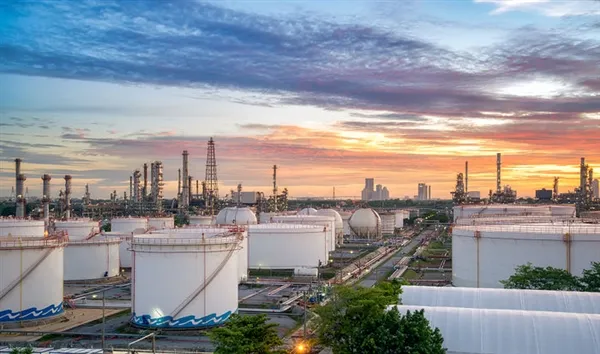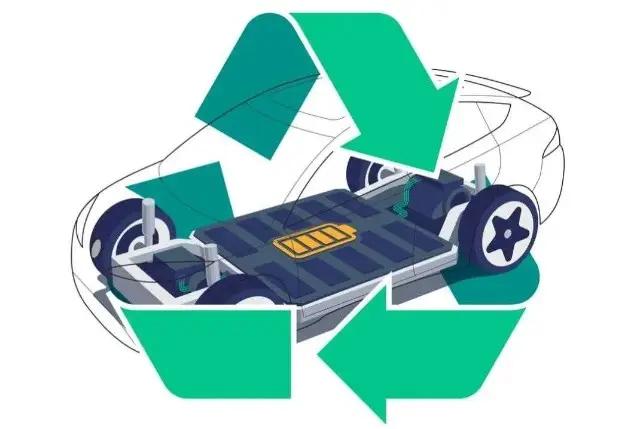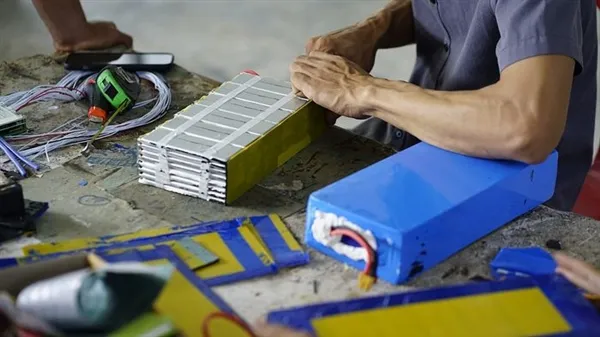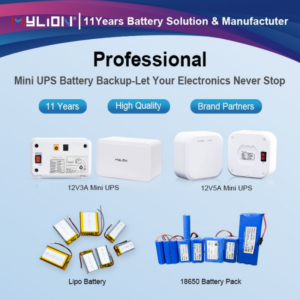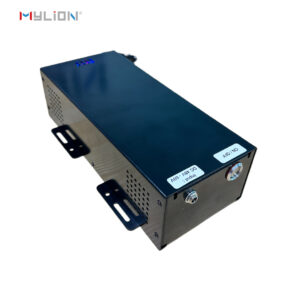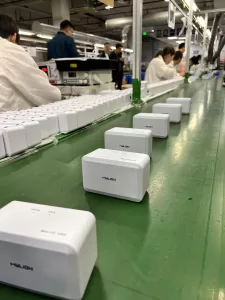Power battery recycling
The types of power batteries used in new energy electric vehicles include lithium iron phosphate batteries, ternary lithium batteries, lithium cobalt oxide batteries, and nickel-metal hydride batteries. Among them, Lithium-Eisenphosphat-Batterien and ternary lithium batteries are widely used because of their excellent performance, better performance, lower cost, and lower cost.
Power batteries are generally composed of many metals and chemical substances. If they are not properly recycled and disposed of after being scrapped, the metals and chemical substances inside the battery are easy to leak. It leads to exposure to the external environment and chemical reactions with the environment, resulting in environmental hazards such as heavy metal pollution, acid-base pollution, dust pollution, and human body hazards such as damage to human organs.
Electric vehicle power batteries usually need to be replaced when their capacity is reduced to less than 80% of the rated capacity to ensure driving range and Batterie safety. There are currently two feasible treatment methods for retired power batteries: one is cascade utilization, and the retired power Lithiumbatterien whose performance meets the requirements are used in energy storage and other fields as the carrier of electric energy, so as to give full play to the residual value; It is dismantling and recycling, discharging and dismantling completely decommissioned Batterien, refining raw materials, and realizing recycling.
In actual operation, it is mainly used for cascade utilization of lithium iron phosphate batteries. For ternary lithium batteries, dismantling and recycling methods are more commonly used. This is because the active sites of ternary lithium batteries continue to increase during use, resulting in poorer safety. Moreover, ternary Lithiumbatterien are rich in valuable metals, and the economic value of direct dismantling and recycling is higher.
Recycling method of power battery
Echelon utilization refers to the capacity inspection of retired power batteries on electric vehicles. When the batteries do not meet the standard of complete scrapping, the capacity is still maintained at 80%-20%. After passing relevant safety inspections, they can be used in low-speed electric vehicles in turn. , grid energy storage, home energy storage, and other related fields. Similar to the advertising slogan of Nanfu Batterie when it broke out of the siege, “Nanfu Battery, one section is stronger than six!”
The residual energy density of waste Lithium-Eisenphosphat-Batterien can reach 60-90Wh/kg, and the recycling life can reach 400-1000 times. Compared with lead-acid batteries with a cycle life of about 500 times per kilogram, waste lithium iron phosphate batteries still have performance advantages. From 2018 to 2020, more than 9,600 sets of echelon Batterien, about 60 MWh, were used in Jiangsu Province, consuming 600 tons of retired power batteries and replacing about 1,800 tons of lead-acid batteries. Moreover, the cost of waste Lithium-Eisenphosphat-Batterien is low, only 4000~10000 yuan/ton. For example, Nanjing Jiangbei Energy Storage Power Station can provide 500,000 kWh of electricity every day during peak electricity consumption periods to meet the daily Strom consumption of 220,000 residents. It uses 15,000 kWh of cascade power battery energy storage modules.
Dismantling and recycling
After the capacity performance of the lithium iron phosphate battery drops below 20%, it can no longer be used in cascade and needs to be dismantled and scrapped. The ternary lithium battery can also be recycled by dismantling and recycling. After the power battery is disassembled, valuable renewable resources, such as cobalt, lithium, nickel, and other precious metals can be recycled again. These resources can be converted into battery production materials, which can theoretically achieve economic benefits of about 42,900 yuan per ton. This is the last and most critical link in the construction of a full life cycle value chain recycling system for power batteries. In December 2017, the “Vehicle Power Battery Recycling – Dismantling Specifications” was officially implemented, which standardized the dismantling and recycling standards, operating procedures, and storage management of dismantled objects.
Dismantling and recycling methods include pyrometallurgy and hydrometallurgy.
Pyrometallurgy is mainly a physical method, which uses high-temperature treatment to extract metals or metal oxides in electrodes. The pyrometallurgical process is simple, but the purity of the recycled materials is low. The electrolytes, binders, and other organic substances in decommissioned batteries will generate harmful gases due to high-temperature reactions. It is necessary to install supporting facilities for secondary waste gas treatment.
Hydrometallurgy is to first disassemble the Batterie shell, crush and sieve to obtain electrode materials, and leach the valuable metals in the electrode materials in acid or biological solution, and then separate them to obtain the corresponding salts or oxides of each metal. The wet recycling operation conditions are mild, the metal recovery rate is high, and the product impurities are less, and the recovered product can directly enter the production process of new electrode materials to realize the closed cycle of valuable metal materials.

